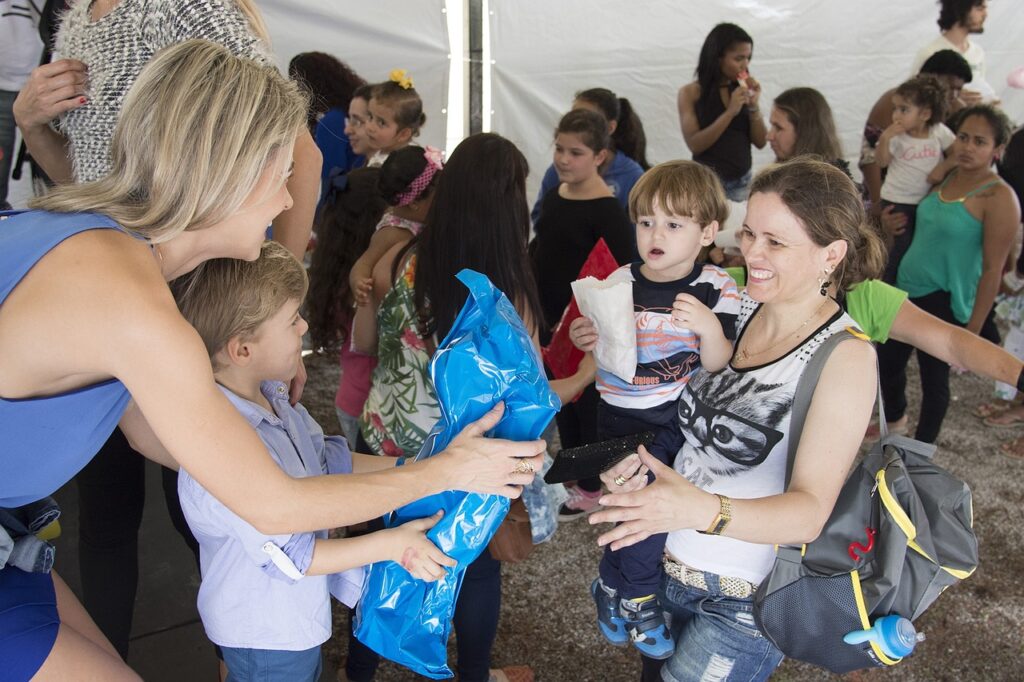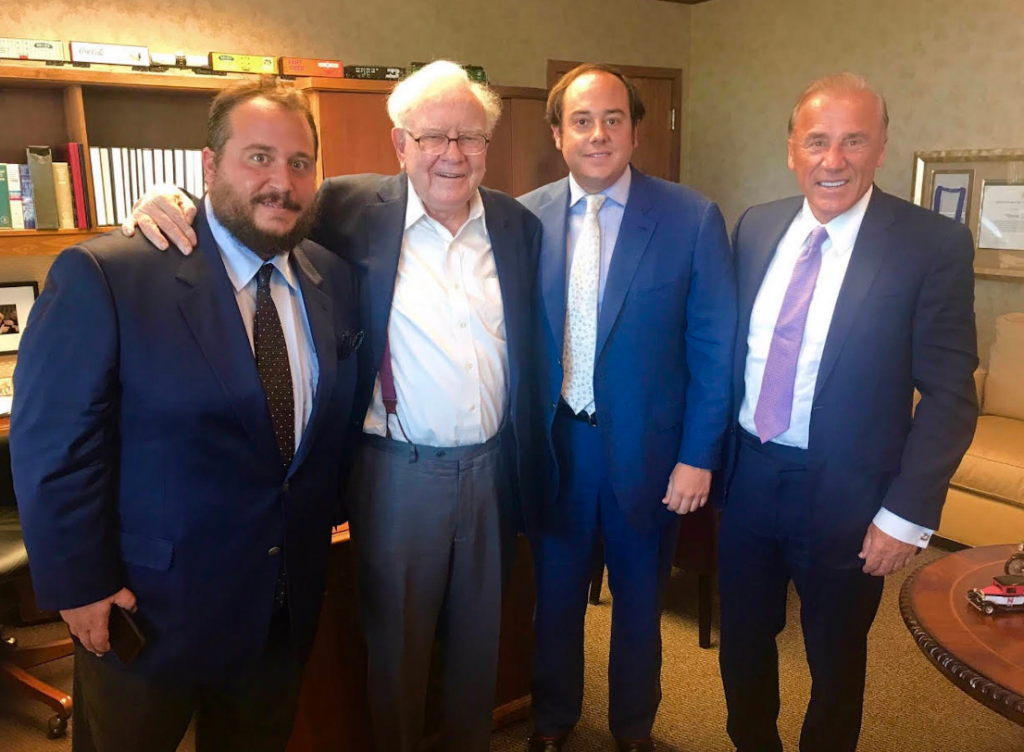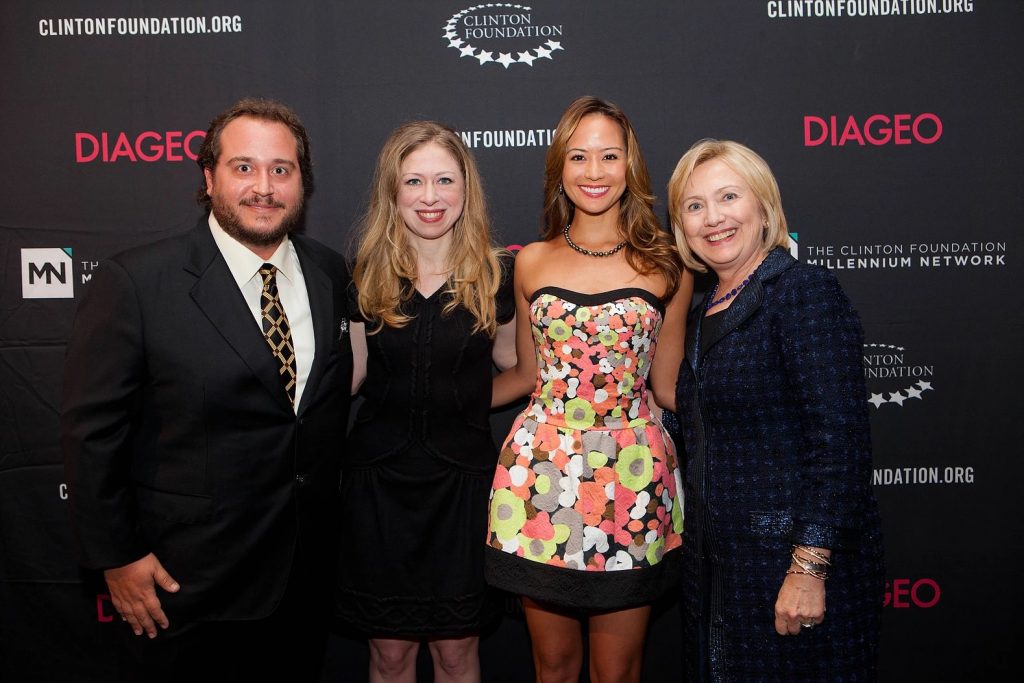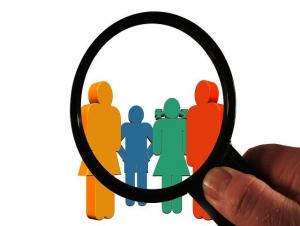As December draws to a close, the spirit of giving reaches its peak, creating a powerful opportunity for both donors and nonprofit organizations. This surge in charitable giving isn’t just about holiday goodwill—it’s a strategic approach that benefits everyone involved.

For donors, the advantages of year-end giving are significant. Making charitable contributions before December 31st allows individuals to claim valuable tax deductions, potentially reducing their taxable income for the year. Many employers offer matching gift programs during this period, effectively doubling the impact of donations. Additionally, those with IRAs can benefit from charitable rollovers that count toward required minimum distributions while supporting causes they care about.
Leading organizations showcase the effectiveness of strategic year-end campaigns. The Salvation Army’s iconic Red Kettle Campaign regularly raises over $100 million. It demonstrates how tradition and innovation can work together, combining their familiar bell ringers with modern payment options like QR codes and mobile giving. St. Jude Children’s Research Hospital’s Thanks and Giving Campaign reached the $1 billion milestone last year with the money going to support their work to advance research and treatment for pediatric catastrophic diseases. They transparently show donors the real-life impact of different gift levels and share stories of the children they serve.
Many nonprofits rely heavily on this season of generosity, with approximately 30% of annual giving in the US occurring in December alone. This concentrated period of giving helps organizations meet their annual budget goals, ensuring they can maintain and expand their vital programs in the coming year. The increased visibility during year-end campaigns also helps organizations attract new supporters and strengthen relationships with existing donors.
The timing couldn’t be better for creating meaningful impact. The holiday season can inspire reflection and gratitude, making people more inclined to support causes they care about. Whether honoring loved ones through memorial gifts, establishing a giving tradition, or simply sharing the joy of the season, end-of-year giving creates a ripple effect of positive change in communities.








